Living with inflammatory bowel disease (IBD) can be tough, often causing daily challenges that affect quality of life. But there's hope in the form of tiny helpers called probiotics. These good bacteria might help you feel better and manage symptoms more effectively. Let's explore how probiotics can help people with IBD and look at some products that could make a big difference in your gut health.
Key Takeaways: Probiotics for IBD
- Probiotics can help reduce inflammation and strengthen the gut barrier
- High-quality supplements like MicroBiome Restore offer diverse probiotic strains
- Minerals play a crucial role in enhancing probiotic effectiveness
- Combining probiotics with minerals (e.g., X-Cellerator) may provide comprehensive gut support
- Natural probiotic sources include fermented foods like yogurt and kefir
- The gut-brain axis highlights the connection between gut health and mental wellbeing
- Always consult with a healthcare professional before starting new supplements
What's IBD and Why Does It Hurt?
IBD is like a battle inside your gut, causing pain, diarrhea, and tiredness. It includes two main types: Crohn's disease and ulcerative colitis. Both make parts of your digestive system swell up and hurt, leading to uncomfortable symptoms.
Think of your gut as a busy city full of different tiny living things. In IBD, it's like the city's defense system goes crazy and starts attacking itself. This makes the gut swell up and disrupts the balance of good bacteria that usually keep your gut healthy.
The pictures above show how important good bacteria are for keeping your gut healthy. These helpful bacteria form a protective layer inside your intestines, defending against bad germs and keeping your gut strong. In IBD, this protective layer gets damaged, leaving your gut open to more harm and swelling. This is where probiotics can help, offering a way to bring back balance and make your gut's natural defenses stronger.
Probiotics: The Gut's Little Helpers
Probiotics are like reinforcements for the good bacteria in your gut. They're living things that, when you take enough of them, can do lots of good things for your body, especially if you have IBD. Here's how probiotics might help:
- Calm down the swelling in your gut
- Make your gut's protective barrier stronger
- Help your immune system work better
- Bring balance back to your gut bacteria
- Make good stuff that feeds your gut cells
- Possibly help with bloating, diarrhea, and stomach pain
It's like sending in a team of helpers to restore peace in your busy, upset gut. By adding these good bacteria, we're trying to shift things back to a healthier balance.
MicroBiome Restore: A Probiotic Powerhouse
Let's look at a product that stands out among probiotic supplements: MicroBiome Restore. This isn't just any probiotic supplement. It's like a special team designed to help with complex gut health issues, including IBD.
What makes MicroBiome Restore special?
- It has 26 different types of probiotics. This variety is important because different types help in different ways.
- It includes "Super Prebiotics," which are food for the probiotics to help them grow and work better.
- The capsules go through a special process to make the probiotics more easily usable by your body.
- It has tough probiotics that can survive the journey through your digestive system.
- It's made to support overall gut health, which can be helpful for issues often linked with IBD.
Many people who use MicroBiome Restore say they feel less bloated and their digestion feels better. While results can be different for everyone, especially those with IBD, MicroBiome Restore offers a promising option for supporting gut health naturally.
Why Minerals Matter for Your Gut
Minerals play a big role in gut health, especially in making probiotics work better. These important nutrients help many processes in your body that support the growth and function of good bacteria in your gut.
Minerals help your gut in several ways:
- They keep the right balance in your gut for good bacteria to grow
- Some minerals, like zinc and selenium, support your immune system
- Minerals like magnesium and calcium help your digestive muscles work properly
- They help enzymes that break down food and absorb nutrients
- Some minerals fight inflammation in the gut - which is important for people with IBD
Think of minerals as essential tools that probiotics need to do their job well. Without these important nutrients, even the best probiotic supplement might not work as well as it could to support your gut health.
X-Cellerator: Mineral Magic for Your Gut
This is where X-Cellerator comes in. While it's not a probiotic itself, X-Cellerator works great alongside probiotics, especially for people managing IBD or other gut health issues.
X-Cellerator is a complete mineral supplement designed to support overall health, with special benefits for gut function. Here's why it's so helpful for your gut health:
- It has a full range of trace minerals often missing from modern diets
- These minerals can help good bacteria grow better in your gut
- The mineral mix supports overall digestive health
- Some minerals in X-Cellerator, like zinc and selenium, can help reduce inflammation
- It comes in liquid form, making it easy for your body to absorb
Think of X-Cellerator as giving your gut's little helpers (probiotics) the best possible tools for the job. By making sure your body has these essential minerals, you're creating the best environment for good bacteria to grow and for your gut to heal.
The Gut Essentials Protocol: A Complete Plan
Now, imagine using the power of probiotics and minerals together to help your gut. This is what the Gut Essentials Protocol does. It's not just a supplement; it's a complete plan designed to help many aspects of gut health at the same time.
This protocol combines MicroBiome Restore and X-Cellerator in a two-step approach:
- First, you prepare your gut with essential minerals from X-Cellerator. This is like preparing good soil before planting seeds.
- Then, you add the probiotics from MicroBiome Restore. These good bacteria now have a great environment to grow in.
The Gut Essentials Protocol is more than just taking two supplements together. It's a smart approach that understands how minerals, probiotics, and gut health work together. This combination is especially promising for people dealing with IBS, SIBO, and other gut issues that often come with or complicate IBD.
Benefits of this complete approach may include:
- Better growth and effectiveness of probiotics
- Improved absorption of nutrients
- Less inflammation in the gut
- Better overall digestion
- Possible relief from IBD symptoms
- Support for the connection between your gut and brain, which might improve your mood and thinking
By addressing both the probiotic and mineral needs of your gut, the Gut Essentials Protocol offers a more complete approach to managing gut health issues, including the complex challenges of IBD.
Natural Probiotic Boosters
While supplements like MicroBiome Restore offer concentrated probiotic support, adding natural sources of probiotics to your diet can provide extra benefits. These foods not only contain good bacteria but also offer other nutrients that support overall gut health. Some tasty and nutritious options include:
These probiotic-rich foods offer more than just good bacteria:
- Yogurt and kefir provide calcium and protein, supporting bone health and muscle function.
- Sauerkraut and kimchi are rich in vitamins C and K, as well as antioxidants that fight inflammation.
- Kombucha offers B vitamins and antioxidants, potentially supporting energy levels and overall health.
- Miso and tempeh provide plant-based protein and other nutrients with potential health benefits.
Adding these foods to your diet can complement your probiotic supplements, providing a variety of good bacteria and extra nutrients. However, it's important for those with IBD to introduce these foods slowly and check with their doctor first, as some might cause problems for certain people.
The Gut-Brain Connection
The relationship between your gut and brain is really interesting, especially for people managing IBD. This two-way communication system, called the gut-brain axis, shows how closely your digestive health is linked to how you feel mentally and emotionally.
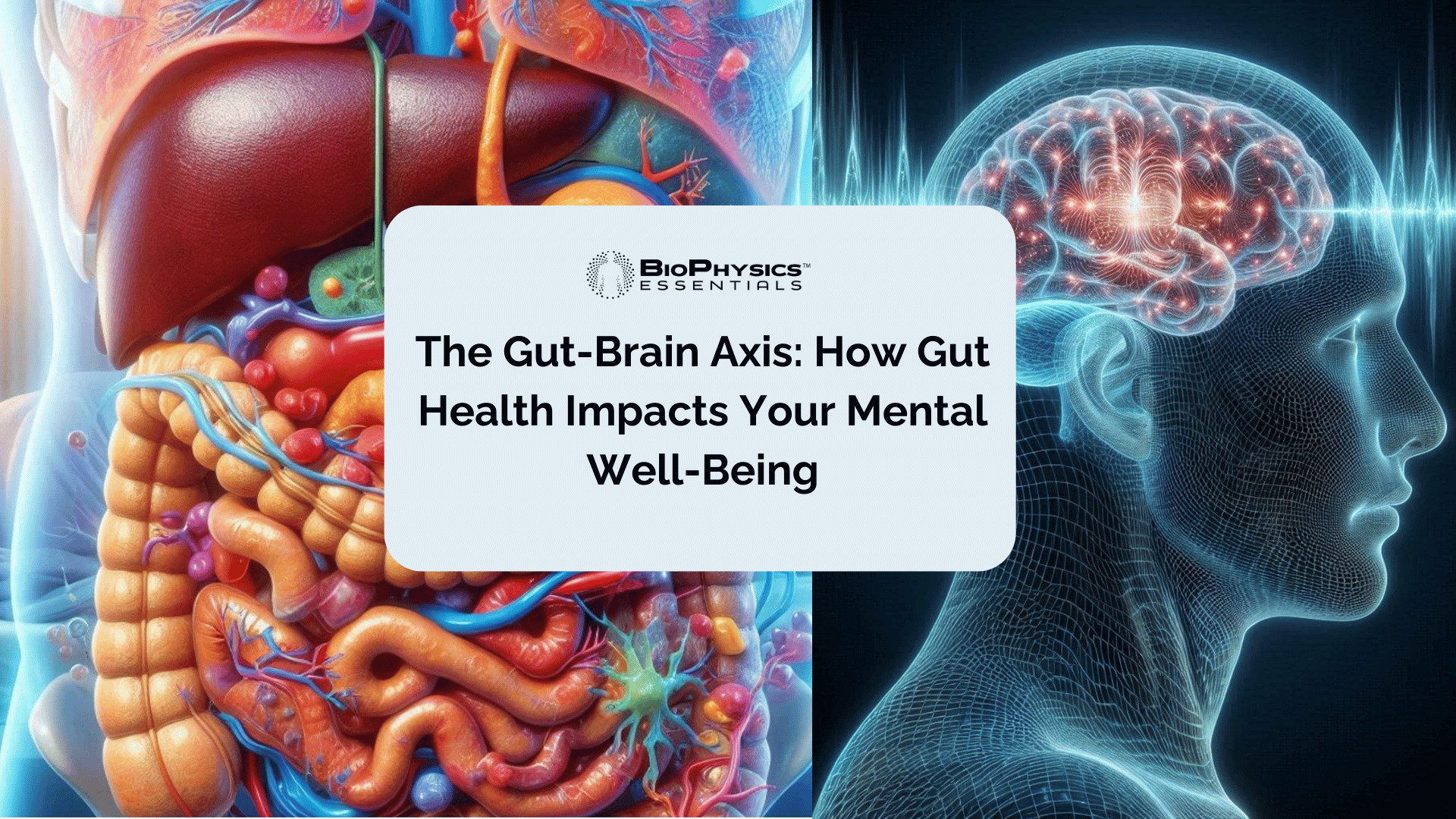
The gut-brain axis works through several ways:
- The vagus nerve, which directly connects your gut and brain, sending signals both ways.
- Chemicals produced by gut bacteria, including one that affects your mood.
- The immune system, which can affect both gut inflammation and how your brain works.
- Special fats produced by gut bacteria, which can affect brain health and behavior.
For people with IBD, this connection is really important. The ongoing inflammation and discomfort from IBD can greatly affect mental health, possibly leading to anxiety and depression. On the other hand, stress and negative emotions can make IBD symptoms worse, creating a tough cycle.
Probiotics might help support this gut-brain connection. Some studies suggest that certain probiotics can influence mood and thinking by changing the gut microbiome. While more research is needed, especially for IBD, many people say they feel better both in their gut and their mood when they take probiotics.
By taking care of your gut health through probiotics, minerals, and a balanced diet, you might be helping not just your digestive system, but your overall mental wellbeing too. It's a complete approach that recognizes how everything in your body is connected and the importance of treating your whole body, not just focusing on individual symptoms.
Wrapping It Up: Your Gut Health Journey
Living with IBD is challenging, but new research on probiotics offers hope for better symptom management and improved quality of life. As we've seen, probiotics, especially when combined with essential minerals and a balanced diet, may help manage the complex symptoms of IBD. Remember these key points as you think about adding probiotics to your health routine:
- Always talk to your doctor before starting any new supplements, especially if you have IBD. They can help you figure out the best types and amounts for your specific condition.
- Choose high-quality probiotic supplements like MicroBiome Restore, which offer a variety of strains and other ingredients that support gut health.
- Think about how minerals can help probiotics work better and support overall gut health. Products like X-Cellerator can provide these important nutrients.
- Try adding probiotic-rich foods to your diet if you can tolerate them, but introduce them slowly and pay attention to how your body responds.
- Be patient and consistent. It might take weeks or even months to notice the benefits of probiotics.
- Remember the connection between your gut and brain. Improving your gut health might also help you feel better mentally.
- Keep a diary of your symptoms to track your progress and identify any patterns or triggers.
Your gut is unique, just like you, and what works for one person might not work for another. The journey to better gut health with IBD often involves trying different things and being patient. But with the right mix of probiotics, minerals, a balanced diet, and guidance from your healthcare team, you might find significant improvements in your symptoms and overall quality of life.
While probiotics aren't a cure for IBD, they're a promising tool in managing this complex condition. By supporting your gut microbiome, you're taking a proactive step towards better health. Keep working closely with your doctors, stay informed about new research, and most importantly, listen to your body. Here's to a happier, healthier gut and a brighter future living with IBD!

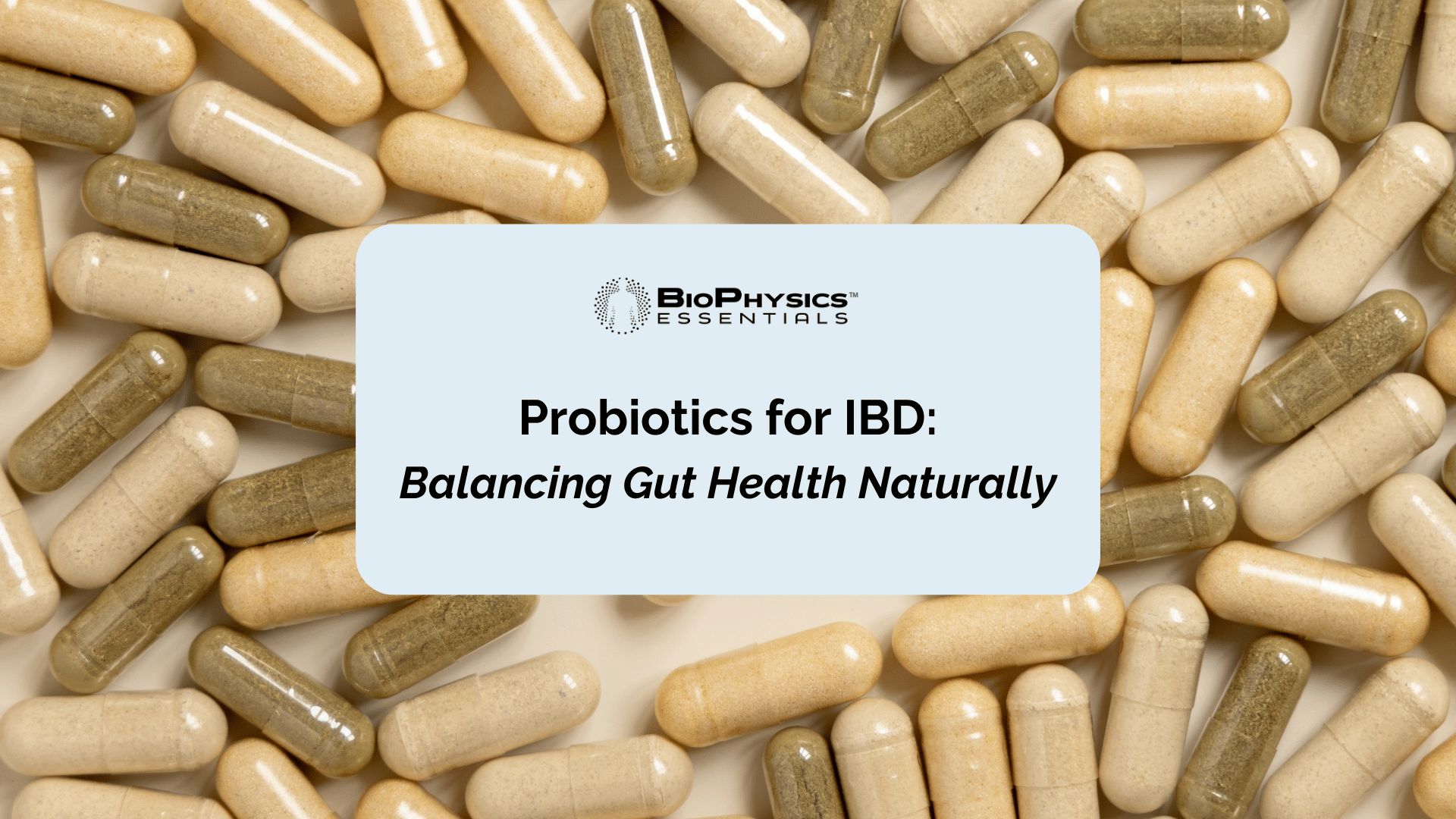
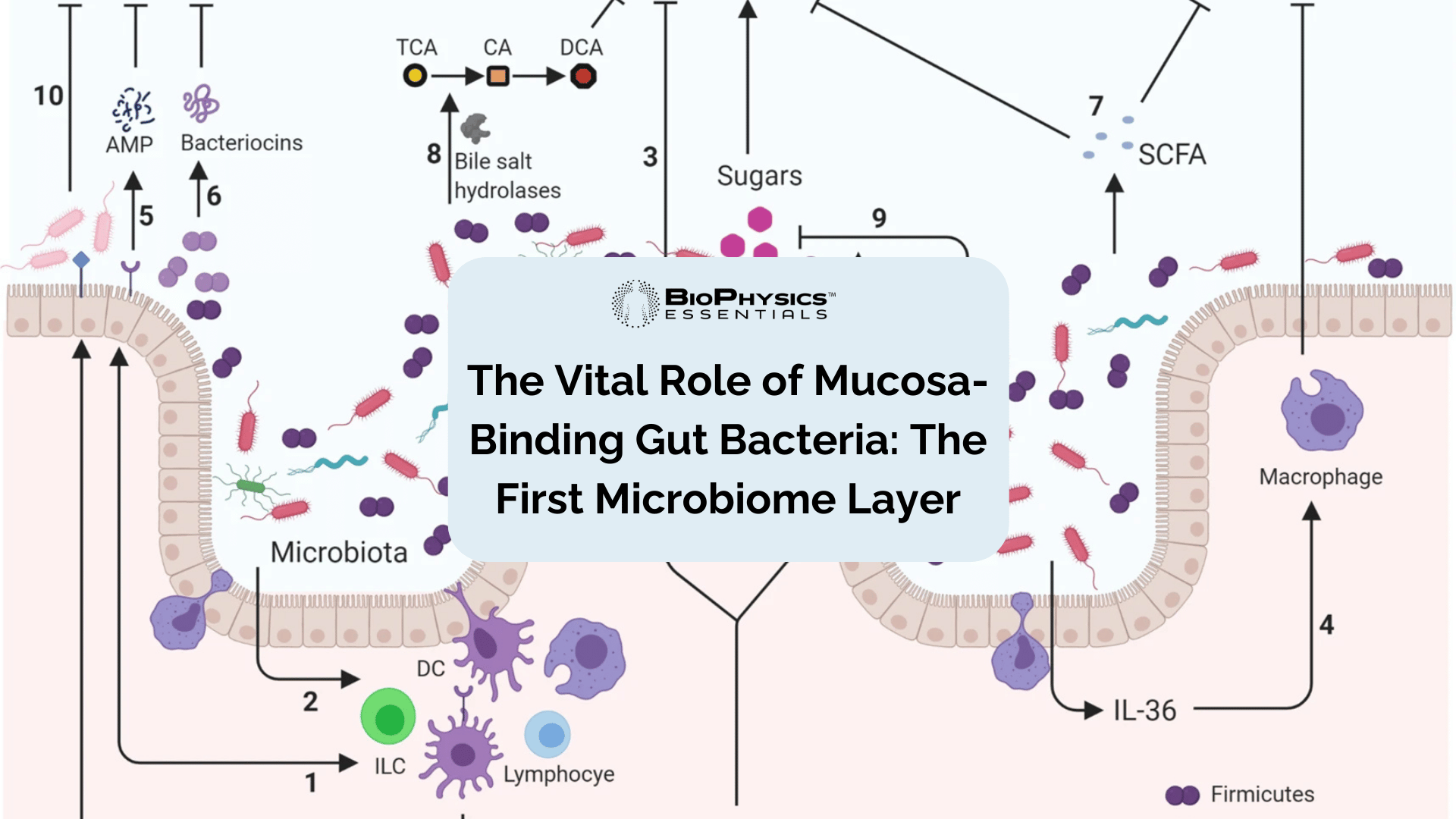

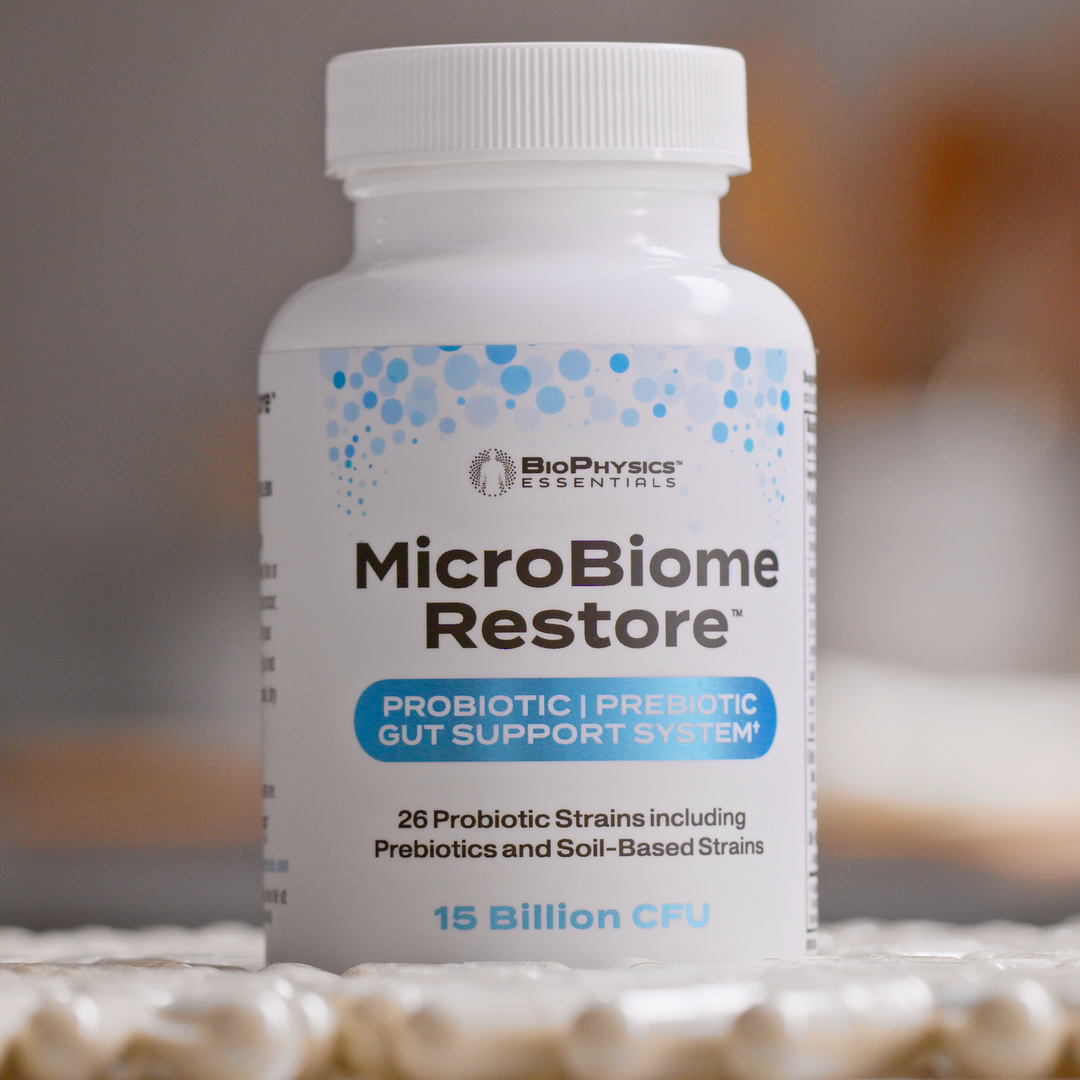
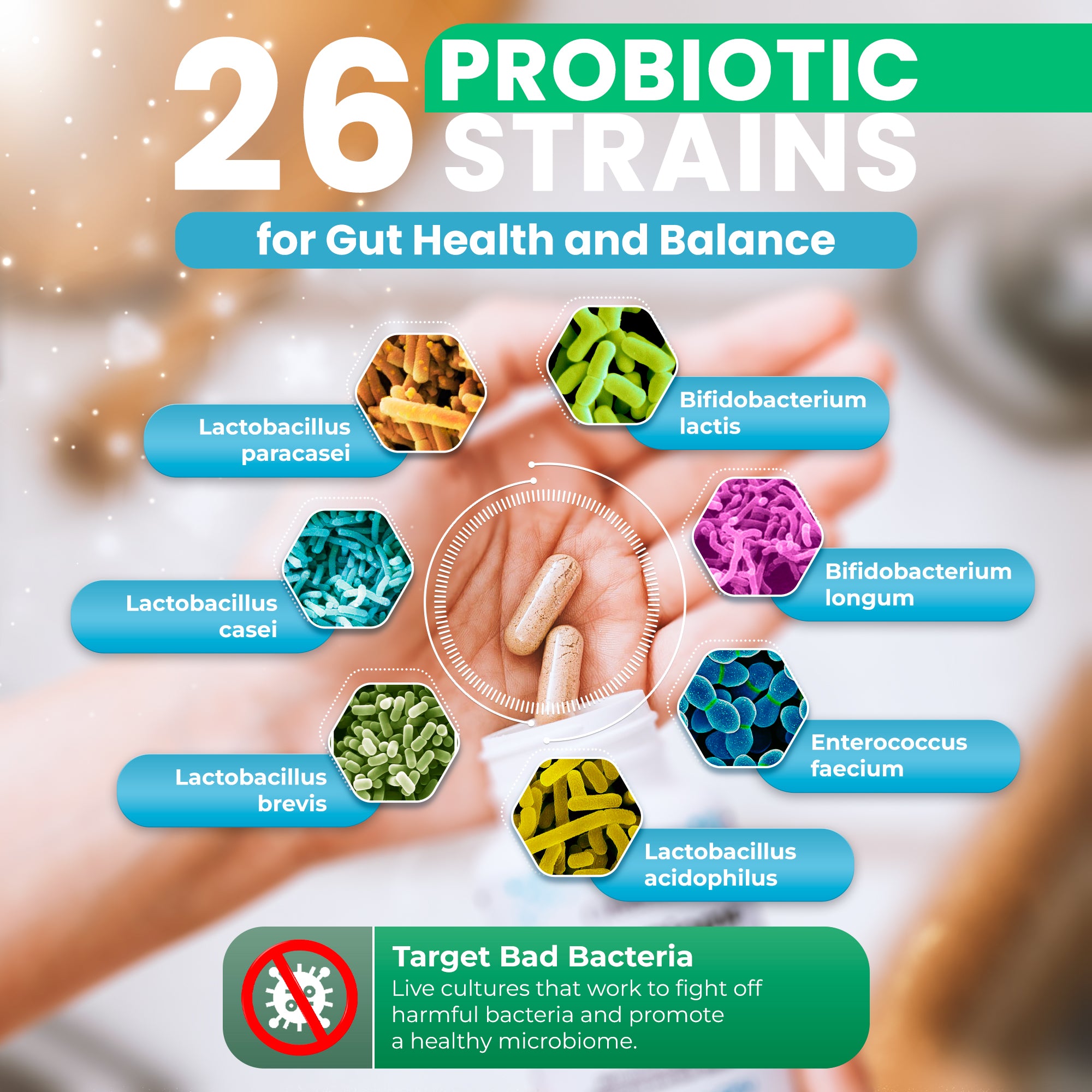
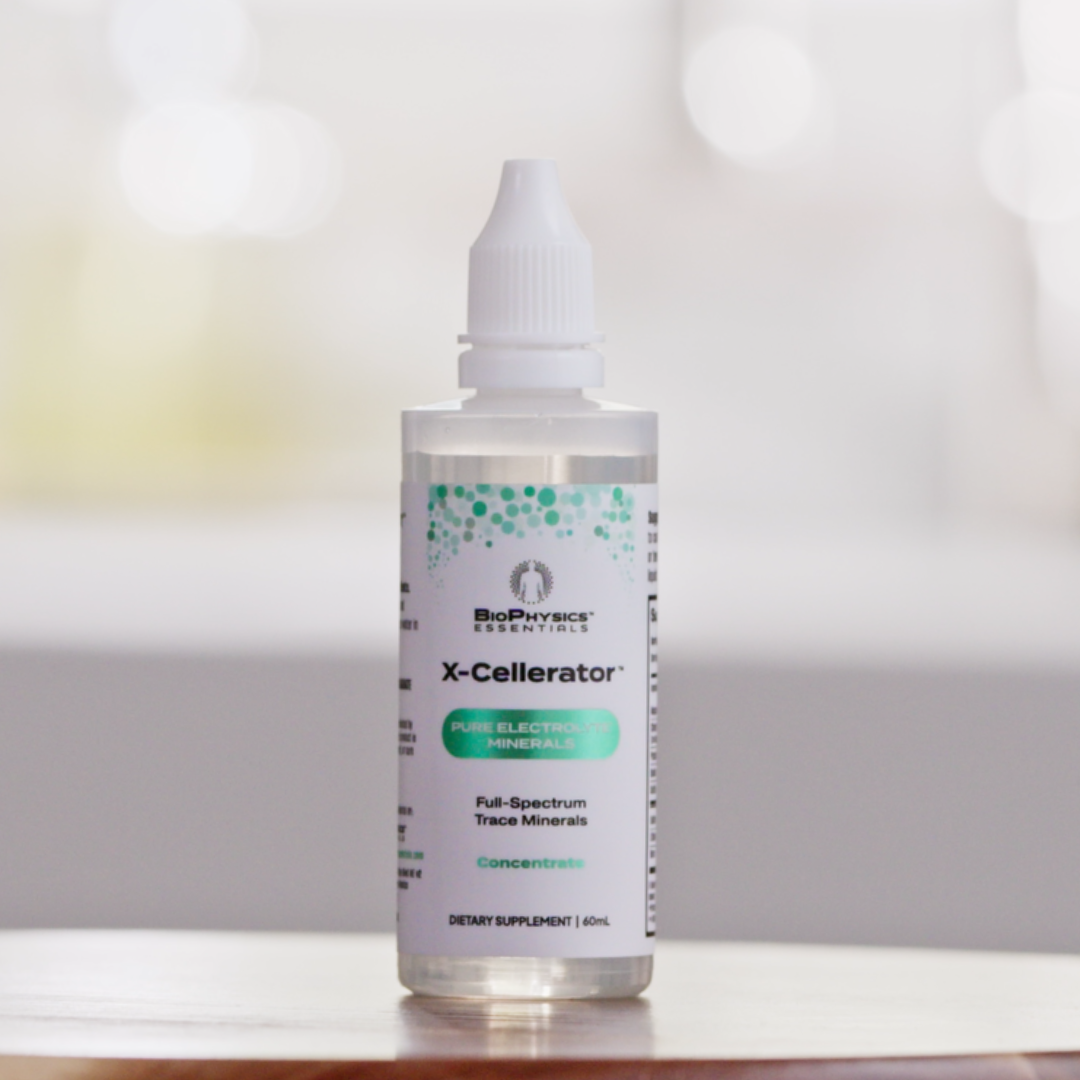
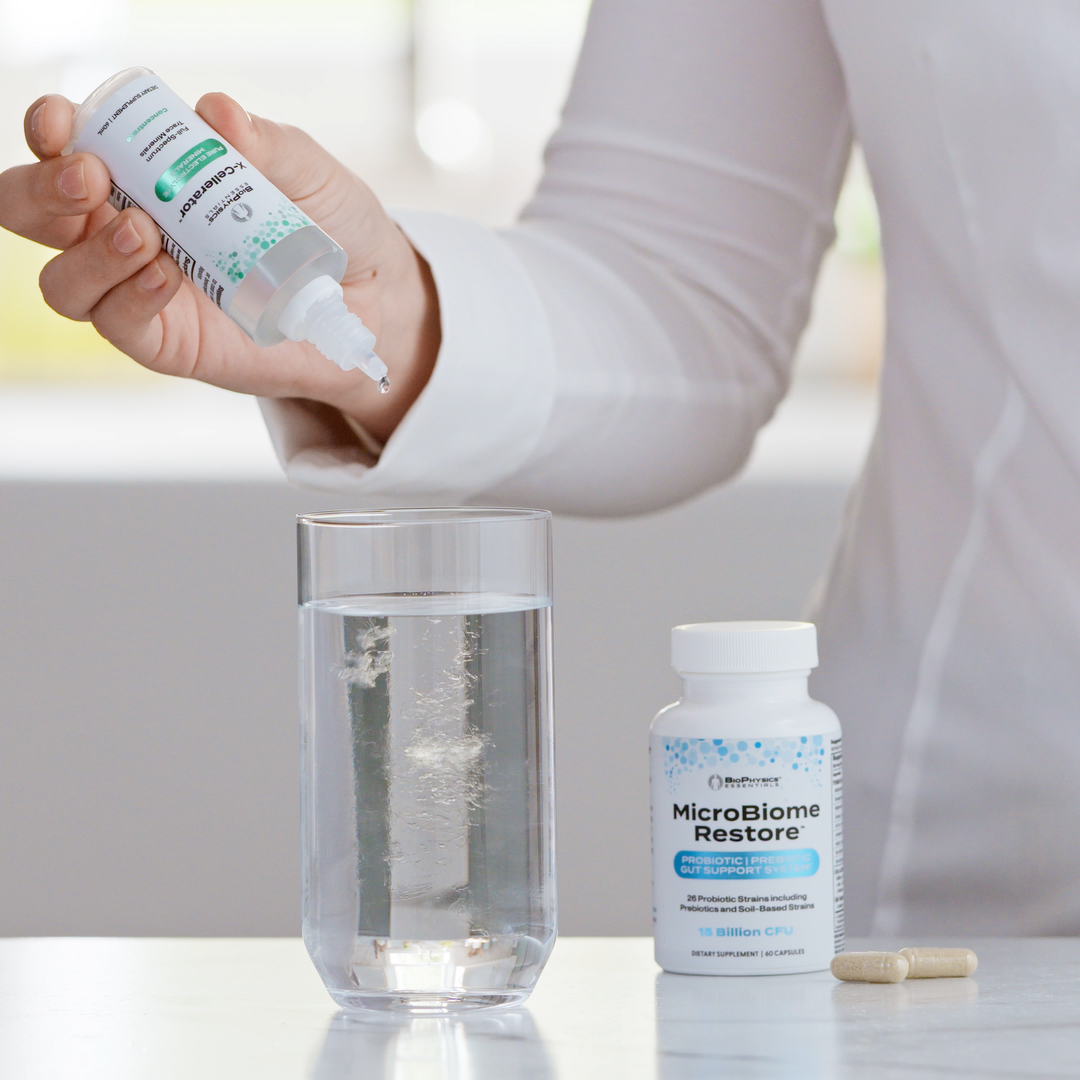
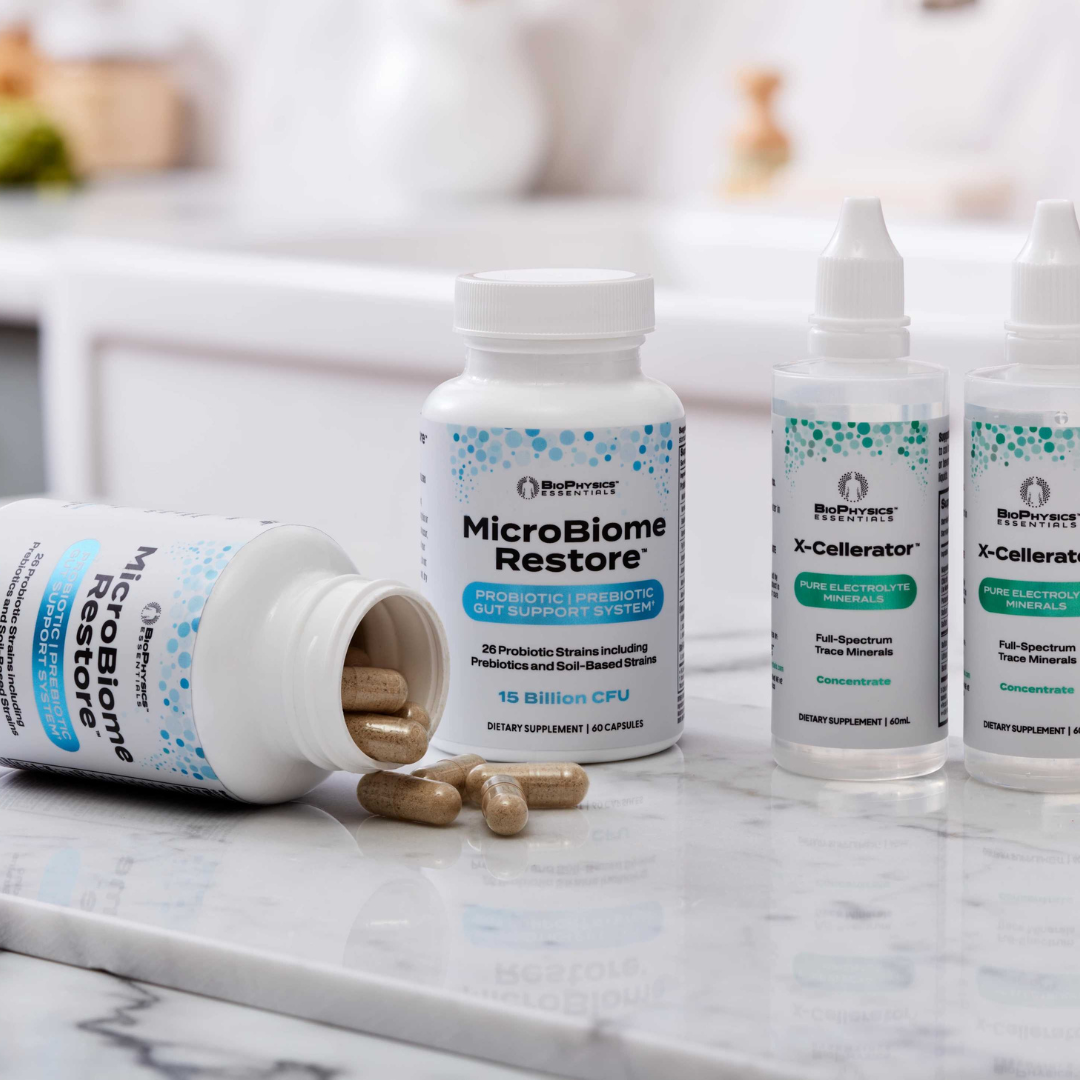
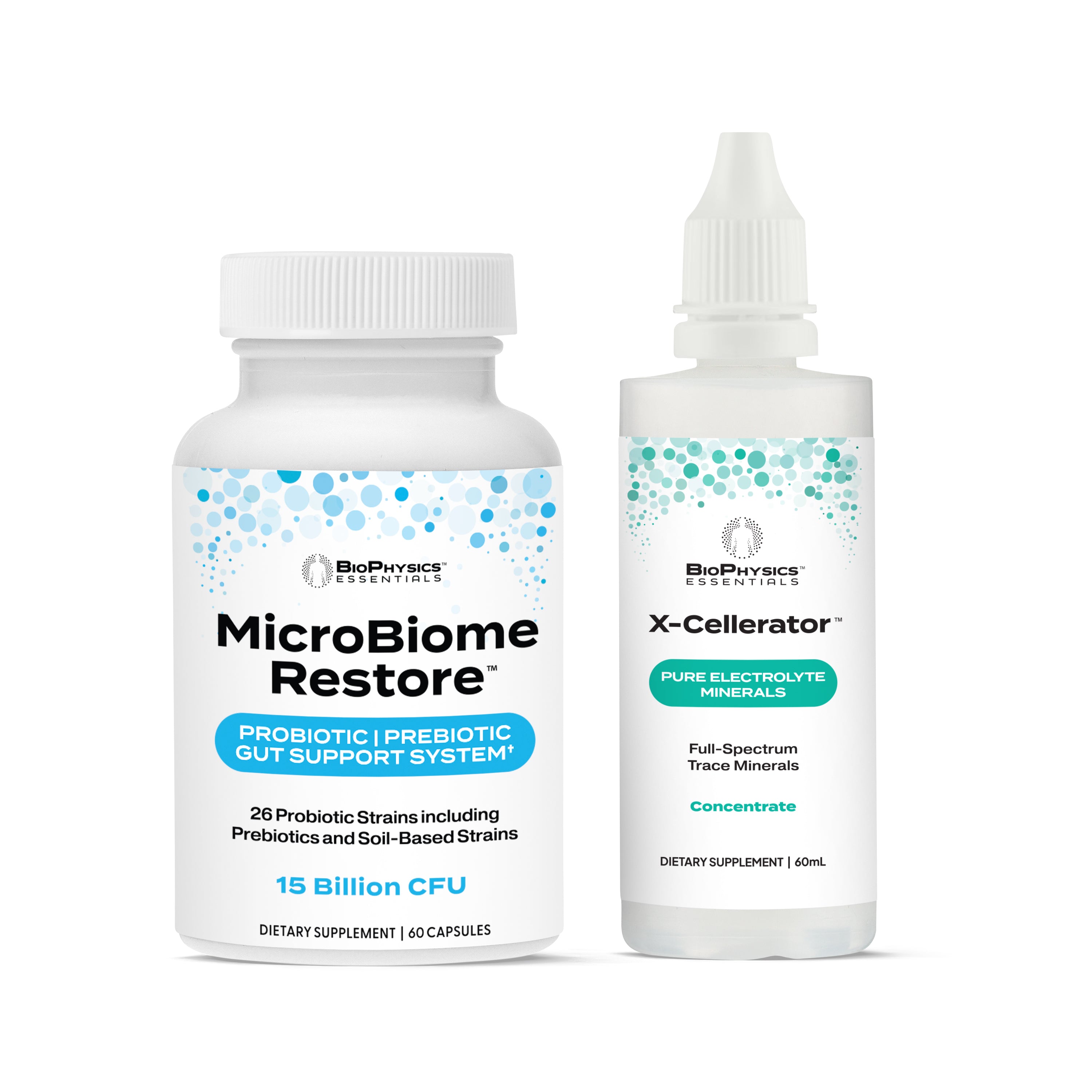
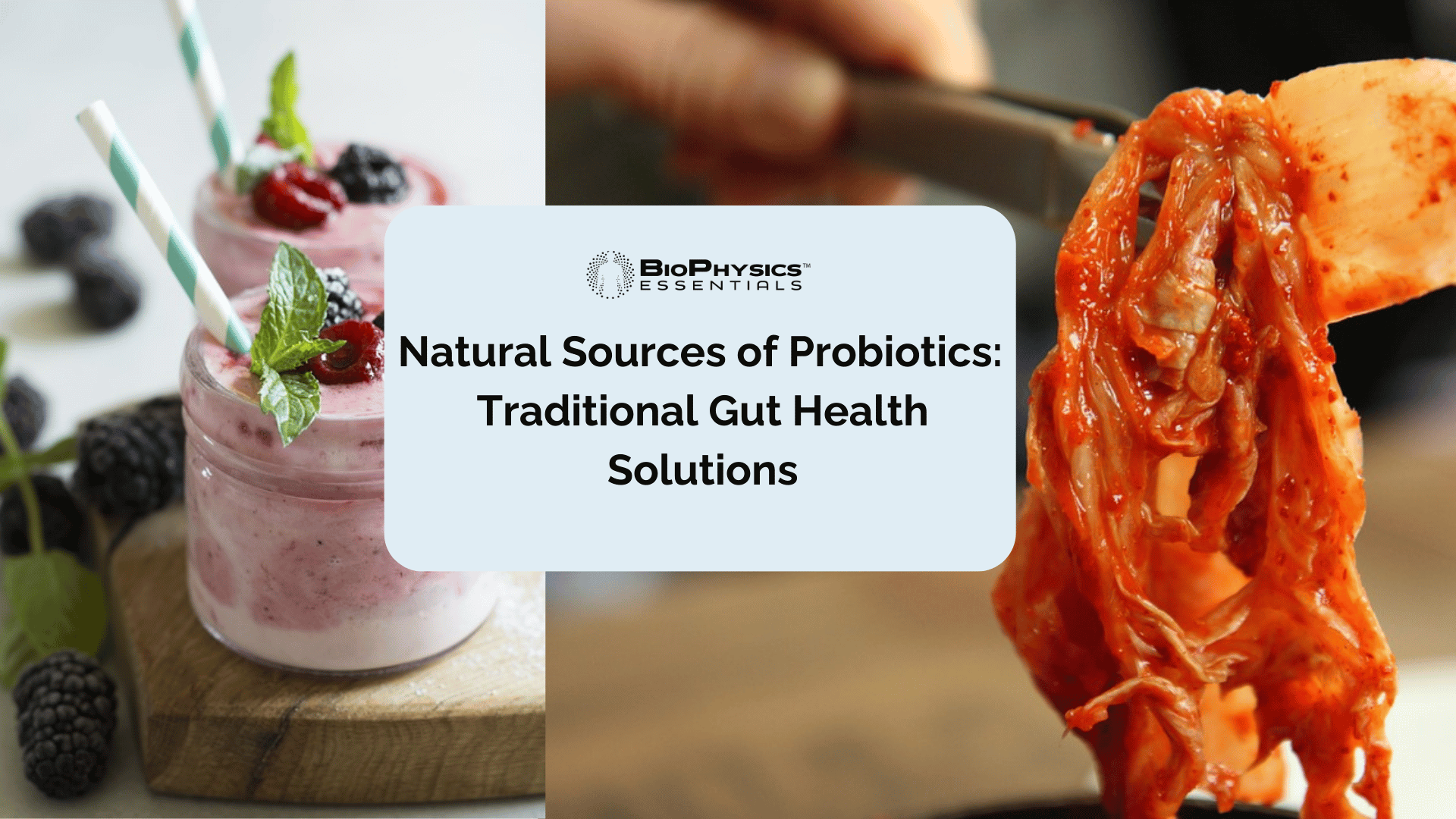



Share and get 15% off!
Simply share this product on one of the following social networks and you will unlock 15% off!